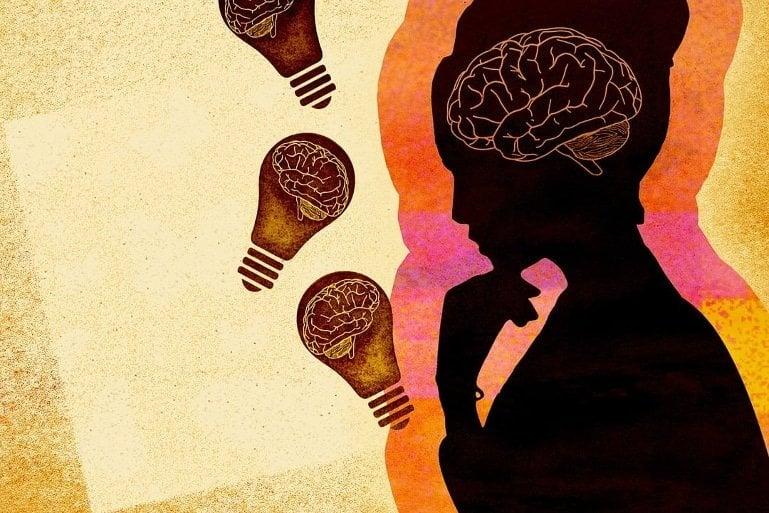The Misinformation Effect: How To Boost Memory Accuracy
So you watched a thrilling magic show, and afterward, someone asked, “Did you see how the magician slipped a coin up his sleeve?” You’re certain you didn’t notice that… but now you’re starting to wonder. Did it happen, or is your memory playing tricks on you? This confusion highlights the misinformation effect, how even a simple suggestion can tamper with what you remember. Our memories can be surprisingly vulnerable to misleading information, even when we think we recall events clearly. In this article, we’ll explore how the misinformation effect works and, more importantly, how to strengthen your memory to resist these sneaky influences. Ready to learn some brain-boosting tips? Let’s get started!
What Is The Misinformation Effect?
The misinformation effect occurs when misleading information presented after an event distorts your memory of the event. It was famously studied by psychologist Elizabeth Loftus. Her research shows that memories aren’t set in stone; instead, they’re malleable and can be influenced by the way questions are asked or by exposure to new, misleading details.
Contrary to the common belief that memories function like a video recording, preserving every detail perfectly, research shows that memories are dynamic and reconstructive. This means that when you recall an event, you’re not playing back an exact mental recording. Instead, your brain pieces together fragments of what you experienced, often filling in gaps with assumptions, related memories, or even newly learned information.
How Memory Becomes Vulnerable to Misinformation
Memory is a complex process involving encoding, storage, and retrieval. Each step can be influenced by external factors, making memories susceptible to distortion. When we recall a memory, we’re not simply replaying a recording but reconstructing details, leaving room for errors. For instance, hearing someone else’s version of an event or being asked a leading question can plant false details. Perhaps as a child, you went on a memorable trip to the zoo. Years later, family members often recount the story, adding new details like, “You were so scared when the tiger roared!” Over time, you might believe you genuinely remember being scared of the tiger, even though you never felt that way during the actual event. The repeated narrative can shape your memory, making it feel authentic.
The Famous Experiment by Elizabeth Loftus
In one of her well-known experiments, participants watched footage of a car accident. Later, they were asked how fast the cars were going when they either “hit” or “smashed into” each other. The group that heard “smashed” reported higher speeds and even incorrectly remembered seeing broken glass. This shows how a single word can alter our perception of an event. It also highlights why eyewitness testimony in court cases can be unreliable and how easily our memories can be manipulated.
How the Misinformation Effect Impacts Everyday Life
- Eyewitness Testimonies: As mentioned, this effect raises questions about the accuracy of eyewitnesses in criminal cases. People might confidently recall events that never happened.
- False Memories: You might think you remember childhood events clearly, but family stories or photos can shape those memories over time.
- Media Influence: The way news is presented can also influence public memory of events, often without people realizing it.
Practical Tips to Boost Memory Accuracy How To Boost Memory Accuracy
Be Mindful of Suggestive Information
- Avoid discussing details of an event with others right away, as this can introduce inaccuracies. When someone else describes what they saw, it can contaminate your memory.
Take Time to Reflect
- After witnessing something significant, take a moment to quietly think about it and record the details immediately. Writing down what you remember helps preserve the original memory before outside influences seep in.
Ask Neutral Questions
- If you need to question someone about an event, use neutral wording. For example, instead of saying, “Did the car smash into the tree?” say, “What happened with the car and the tree?”
Strengthen Memory Through Practice
- Practice recalling information in various ways. Use spaced repetition (reviewing information at spaced intervals) and visualization techniques to create stronger memory connections.
Stay Informed About Memory Biases
- Educate yourself about memory biases like the misinformation effect. Being aware of how your memory works can help you critically evaluate the information you hear.
Using Critical Thinking to Guard Your Memory
Becoming a critical thinker can further protect your memory from distortion. When you hear new information, especially about something you experienced, question its accuracy. Did you really see that detail, or is it something someone else mentioned? Being curious and analytical about your own memories can go a long way in improving accuracy.
Why It Matters ?
Our memories are a fundamental part of who we are, shaping our experiences, relationships, and the way we perceive the world. Yet, as the misinformation effect reveals, even our most vivid recollections can be distorted by external influences. Recognizing the malleable nature of memory empowers us to be more mindful of the information we consume and share. It also reminds us to approach our memories—and those of others—with humility and a healthy degree of skepticism.
Final Takeaway | The Misinformation Effect
Understanding the misinformation effect isn’t just for psychologists or the courtroom. It has real-world implications for anyone wanting to make informed decisions or remember life’s events accurately. Whether you’re recalling a conversation with a friend or witnessing a major event, being aware of how memory works can help you trust your recollections more or, at the very least, be open to the idea that your memory isn’t perfect. Remember, it’s not about achieving perfect memory but about being aware of its limitations and taking steps to protect the truth of our experiences. Stay curious, stay reflective, and keep working to sharpen your mind!
Further insights, read the study https://link.springer.com/article/10.1007/s41060-022-00311-6
Read also : Enclothed Cognition | Fashion Secrets to Transform Your Mindset https://thebrightdelights.com/enclothed-cognition-fashion-secrets-to-transform-your-mindset/
